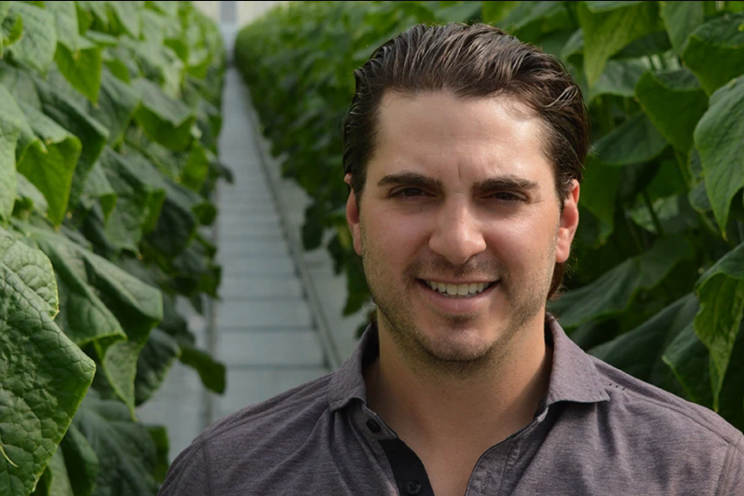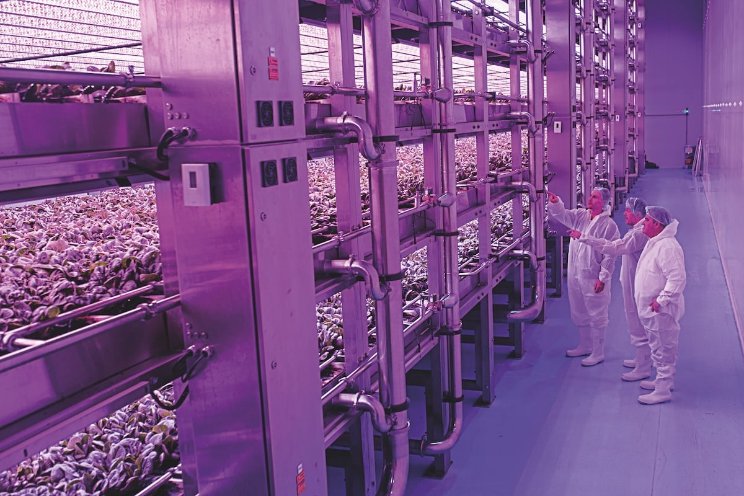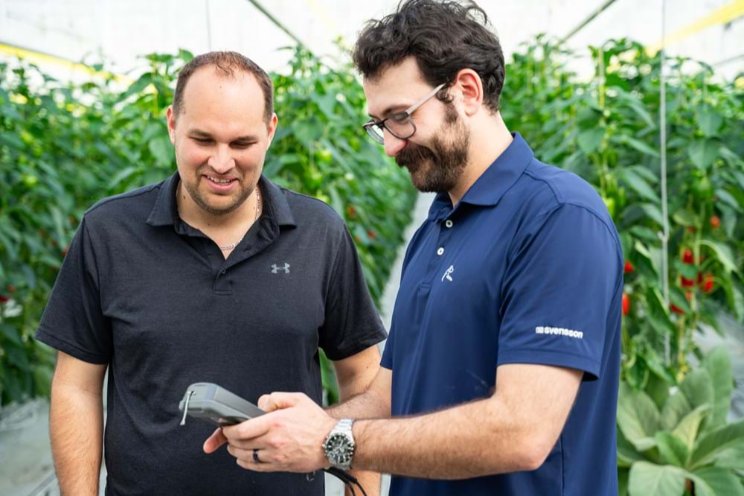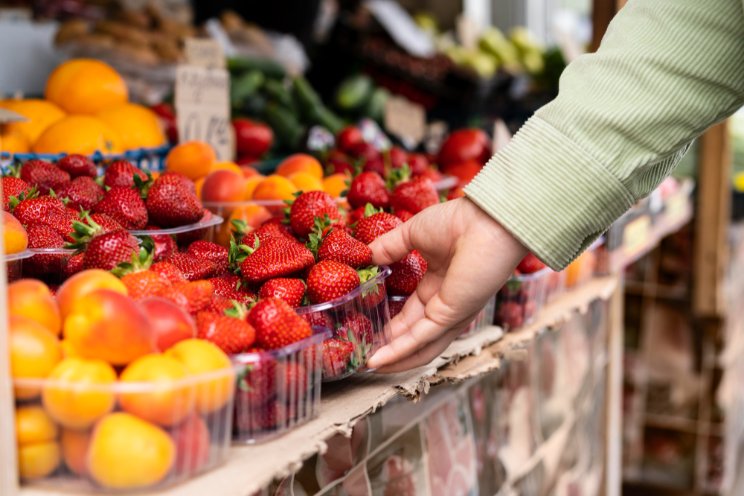Michigan hemp trials focus on yield and quality
Added on 06 October 2020
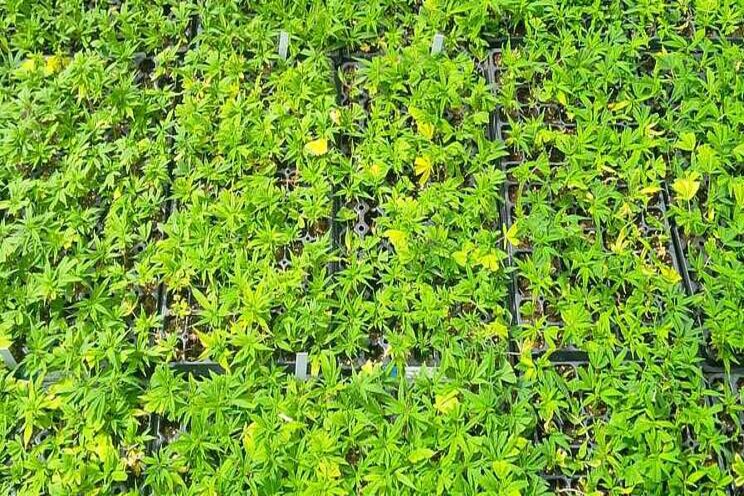
Variety trials are ongoing at various locations across the state, including the MSU Campus Farms and Upper Peninsula Research and Extension Center (UPREC). They started more than a year ago, with funding from Project GREEEN, a plant research grant-funding program based within MSU AgBioResearch.
"We had a research location in Chatham, one on campus at MSU, and a small demonstration plot at Waishkey Bay Farm in 2019," says James DeDecker, Director of UPREC. "Those plots were really our first look at hemp, and we got to learn quite a bit and can now ask some more informed questions."
The research focuses on two major uses of hemp: CBD and grain/fiber. Current studies are testing yield and quality for both major uses of the crop Michigan farmers have shown sporadic interest in growing hemp as markets have fluctuated over the last year.
Kurt Thelen, professor in the Department of Plant, Soil and Microbial Sciences, is working with DeDecker on the research. He said the team includes expertise in plant pathology, entomology, and agronomy.
"We have a good balance of research between campus and UPREC with some overlap in genetics to evaluate latitudinal effects and some projects specific for each growing environment," Thelen says.
"Like any variety trial, the basic objective is to understand how genetic differences between cultivars affect performance, and performance for us is yield and quality," DeDecker says. "Quality means different things depending on the product we're talking about, so it could be tensile strength in the fiber, it could be protein and oil content in the seed, or it could be the level of contaminants in the CBD flower."
Research in East Lansing is part of a multi-state variety trial project that includes more than a dozen different land grant universities growing the same varieties at different locations to collect a robust dataset.
"The goal is to get a better idea how some of these varieties perform in different regions of the U.S. and different production systems (i.e. conventional vs. organic). It's a pretty broad scale approach to looking at how best to grow this crop, targeting specific genetics to different regions of the country," Thelen said.
Eric Anderson, an MSU Extension Educator on the hemp team, said his goal is to stay up-to-date with the latest research results and relay that information to hemp growers.
The novelty of the crop presents challenges, but also opportunities as variety trials proceed. Regulation of the crop also comes into play, as researchers have to keep THC levels within government mandated guidelines.
So far, the potential for Michigan farmers looks promising.
"We want to make sure that our growers have every opportunity to compete on a national scale when growing this crop," Thelen says. Hemp is not likely to be a large commodity crop like corn or soybean, but it's going to have its own unique niches. It is a crop that is a jack-of-all-trades type, there's a lot of different potential end uses."
Learn more here.
Source and Photo Courtesy of Greenhouse Grower
Source: Greenhouse Grower
More news

